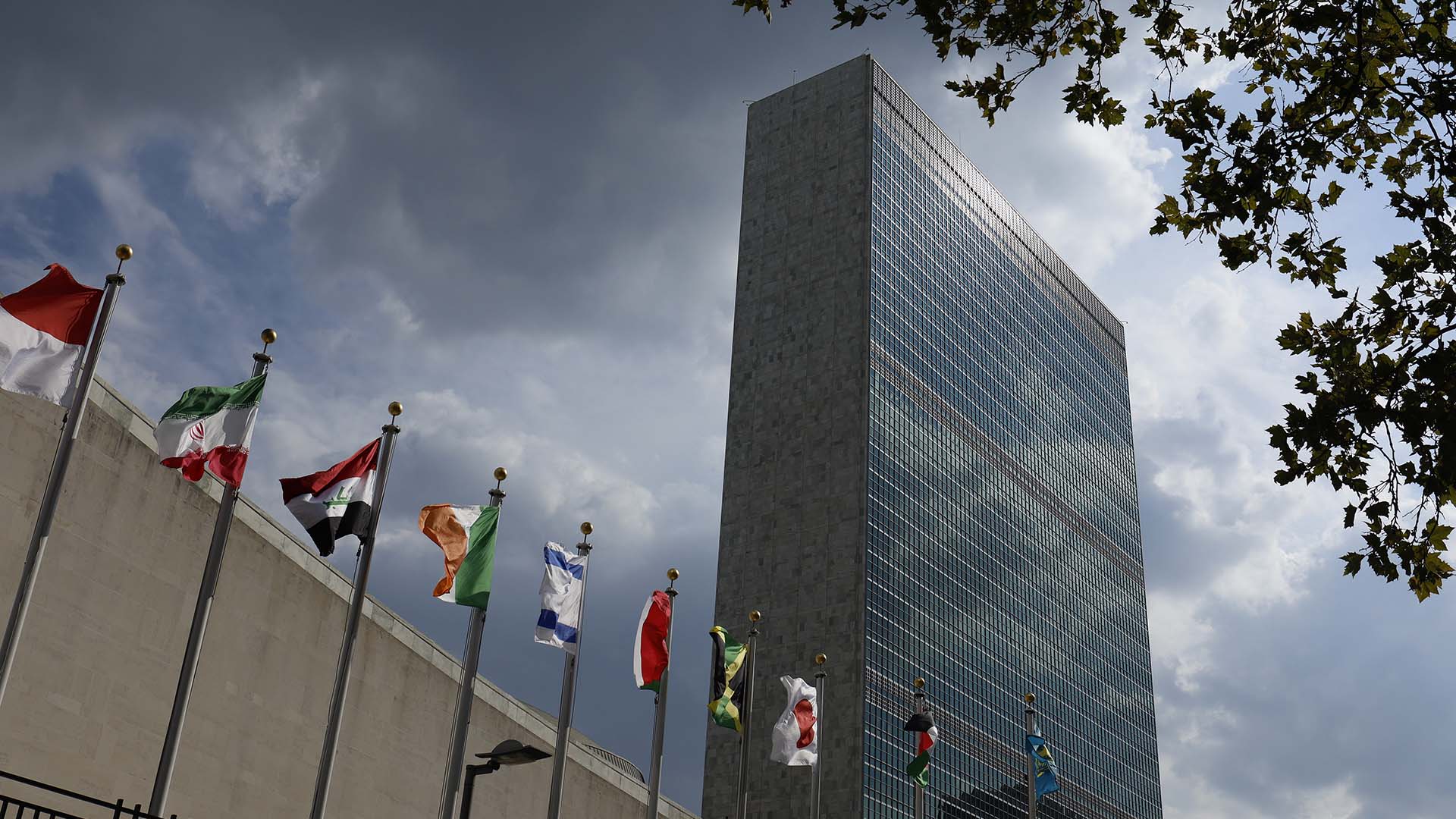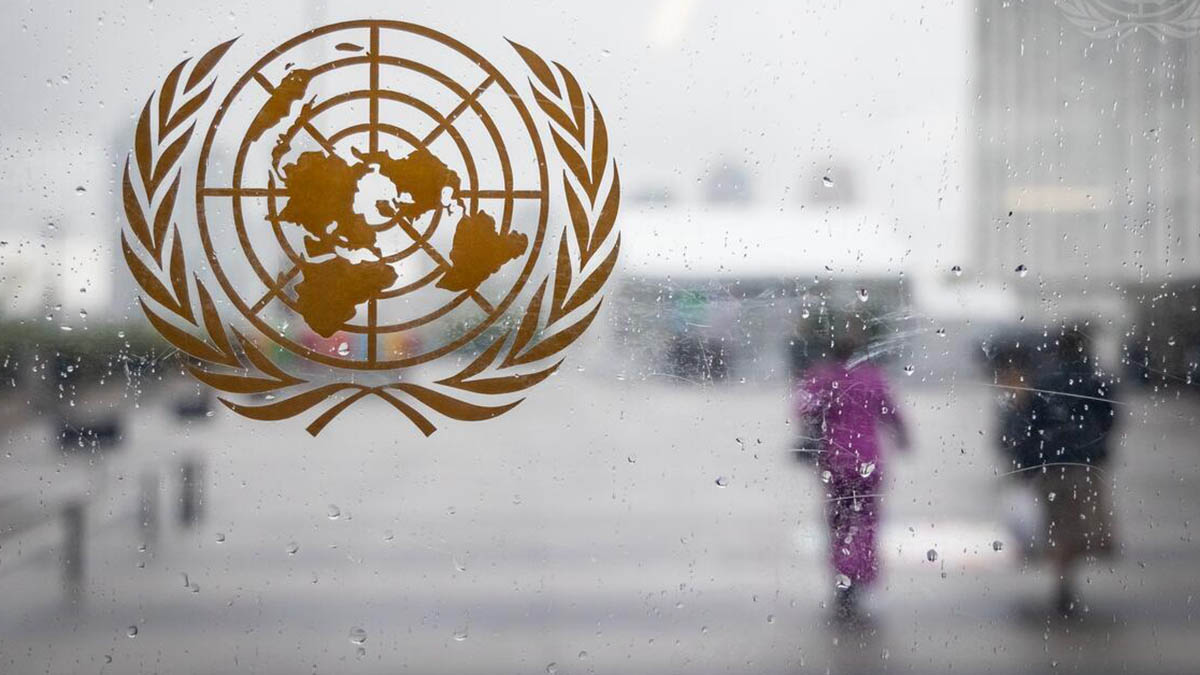A “landslide” majority of countries at the United Nations voted to approve ambitious parameters for a new global tax convention that could herald a fresh approach to taxing multinational corporations and the super-rich.
Following three weeks of discussions in New York, on Aug. 16, 110 countries voted in favor of adopting the “terms of reference” that will guide future negotiations for a legally binding framework convention on international tax cooperation — a sort of “global constitution” under which rules, known as protocols, are set.
Eight countries rejected the scoping document, including Japan, the United Kingdom and the United States, all of which are members of Organisation for Economic Co-operation and Development. Forty-four countries abstained from the vote, including all European Union members and Argentina, the sole participating Latin American country to vote against the draft text.
The resistance towards the #UNTaxConvention is crumbling. In November 2023, 48 countries voted against – now we’re down to 8!
It’s rapid progress. But in the future, we expect all countries – incl. OECD ones – to vote yes to the outcomes of the negotiations they participate in. pic.twitter.com/sAd9yXImG0— Tove Maria Ryding (@toveryding) August 16, 2024
The newly adopted terms of reference include a set of commitments that should underpin the tax convention, such as addressing tax evasion and avoidance by “high-net worth individuals,” ensuring fairer allocation of taxing rights and more equitable taxation of multinational corporations, and clamping down on tax-related illicit financial flows.
“Our countries are on course to lose nearly $5 trillion to tax havens over the coming decade,” said Sergio Chaparro Hernández, an international policy lead at advocacy organization the Tax Justice Network, in a statement.
“Countries at the UN just bashed open the door to a better future where we avert this … A door that a few OECD countries tried to bolt shut.”
Shortly after the vote, a delegate from Nigeria, speaking on behalf of the Africa Group, a block of 54 U.N. member states, called the approved text “a blueprint for transforming international tax cooperation.”
“For too long, the voices of developing countries, especially from Africa, have been sidelined in global tax deliberations,” the delegate said. “We recognized the urgent need for a U.N.-led process, one that will bring all nations to the table as equals, a process rooted in multilateralism and guided by the principles of fairness, equity and shared responsibility.”
Nearly two years ago, Nigeria kickstarted moves toward that process by submitting a proposal from the African member states, calling for an “inclusive forum for international tax cooperation” among governments. Last November, the U.N. General Assembly voted overwhelmingly for the organization to develop a global framework convention on tax.
The terms of reference are now headed to another vote at the U.N. General Assembly, where member states will decide whether to accept them. If passed, an intergovernmental committee will begin negotiating the content of the tax convention next year, with the final text of that convention and two early rules, or protocols, to be presented to the General Assembly in 2027, according to the terms of reference.
Several countries that rejected the terms of reference, including members of the OECD, a group of 38 mostly high-income countries, argued for looser commitments that experts warned may ultimately weaken the convention.
Disagreements also emerged between developing and wealthy countries over the decision-making mechanism for future negotiations. Going forward, decisions will be made by a simple majority vote if no consensus emerges, guarding against a handful of states wielding veto power. Several wealthy countries also insisted on incorporating existing global tax frameworks, such as those set by the Paris-based OECD and regional organizations.
Prior to voting to reject the terms of reference, a delegate from the United States said that it was doing so due to the lack of “broad-based support.”
“Without a clear commitment to finding consensus-based solutions and maximizing the implementing jurisdictions, we see a clear risk that this project may lead to further fragmentation of the international tax system,” the delegate said.
For decades, international tax policy has been dominated by the OECD, which brokered a 2021 agreement between nearly 140 countries to set a 15% global minimum tax rate for multinationals, since beset by delays. But, in recent years, the outsized influence of the organization’s wealthy members has led many developing countries, including some OECD members, to question whether a more representative body should be in charge.
In August 2023, U.N. secretary general António Guterres issued a report calling for a shake-up of global tax rules — and more power for the U.N. to set them. The report, which was critical of the OECD’s approach, analyzed current international tax cooperation arrangements and laid out Guterres’ vision to ensure they better serve the needs of developing countries.
“Enhancing the U.N.’s role in tax-norm shaping and rule setting, fully taking into account existing multilateral and international arrangements, appears the most viable path for making international tax cooperation fully inclusive and more effective,” Guterres said in the report.
In response, Manal Corwin, director of the OECD’s Centre for Tax Policy and Administration, told ICIJ at the time that the organization was proud of its “proven track record enabling significant changes in the international tax landscape that have benefited developed and developing countries.”



